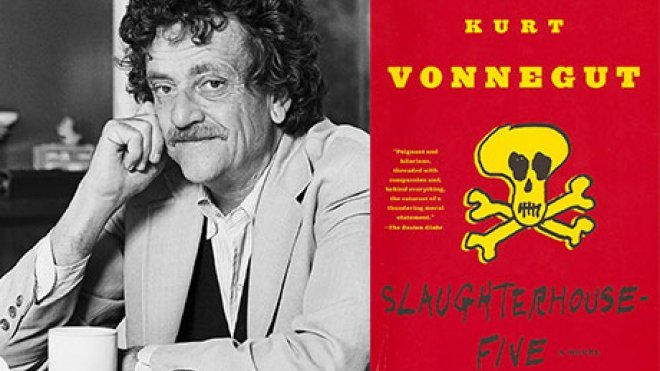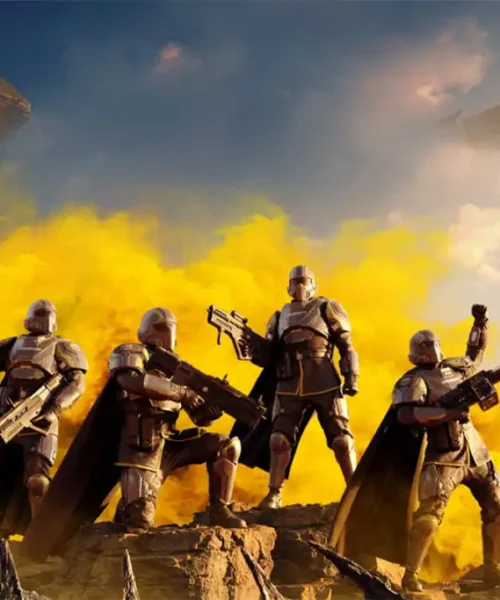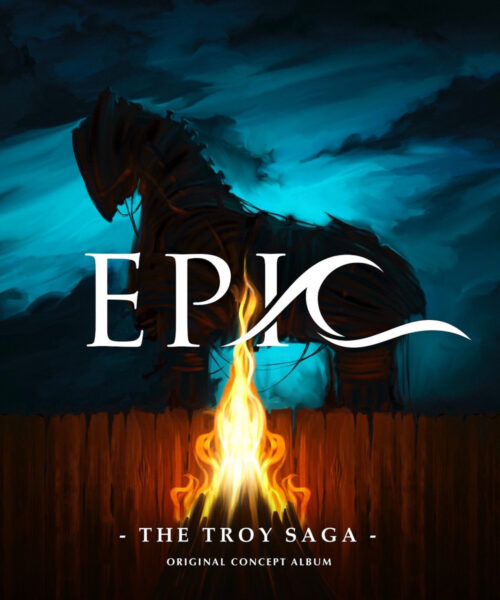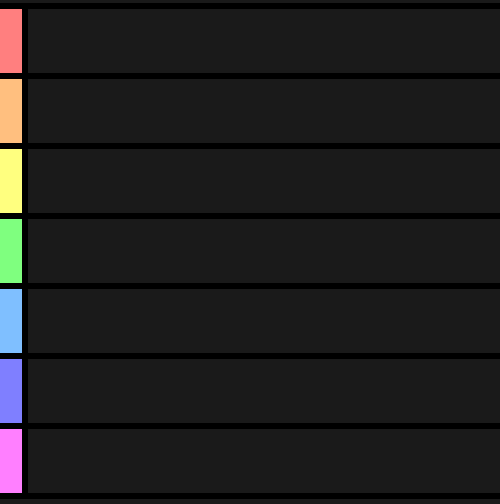By: Jaden
“War never changes.” This infamous quote that the 18th president, Ulysses S. Grant, said quite often. And to his credit, this statement at its base value often seems to be true. As long as people will disagree with each other, there will always be war, and there will always be people foolish enough to engage in war, or even wage it. The most foolish of these people will always glorify war, and believe themselves heroes of their people, often not realizing how horrible war is.
Slaughterhouse Five, or Schlachthof-Fünf is a famous novel by the late Kurt Vonnegut, and is considered to be one of the most famous books about warfare in recent history. In fact, the big reason this novel is so famous is because of a promise that Vonnegut had made, to write a book that exposes what war truly is… the horrors that war really leaves to lie in wait.
The story of Slaughterhouse-Five lies in the perspective of our awkward protagonist, Billy Pilgrim; Though I suppose you could call him less of a protagonist and more of a vessel. Billy, who was drafted into The Second World War, is a (more or less) carefree fellow from the start; he doesn’t really care about everything unfolding around him, nor does he really care if he lives or dies, due to a rather strange set of beliefs that he has.
Billy believes while he or his colleagues may die in his world, they are still alive in another sort of timeline, so he doesn’t really cry when he sees someone go. People die, “So it goes.” And while I can’t tell you why or how exactly he had gotten these beliefs without spoiling a ton of the plot, I can tell you that absolutely everybody believes, and for good reason, that he has gone crazy since the war had concluded due to his seemingly “ludicrous” beliefs.
Having a multitude of settings, in all Billy’s past, Billy’s present, and Billy’s future, we see the events during and after the war through Billy’s eyes, which in turn are a view through the eyes of Vonnegut, which is something I liked about the novel. Another great thing that Vonnegut does is use external characters to comment on modern society throughout the main events of the story. To experience Vonnegut’s point of view on war and the atrocities it brings with it is a cool thing to read. Ultimately, I like the novel, and I would recommend that you give it a try (though Mrs. Clark may just make you read it anyway for English 12).




